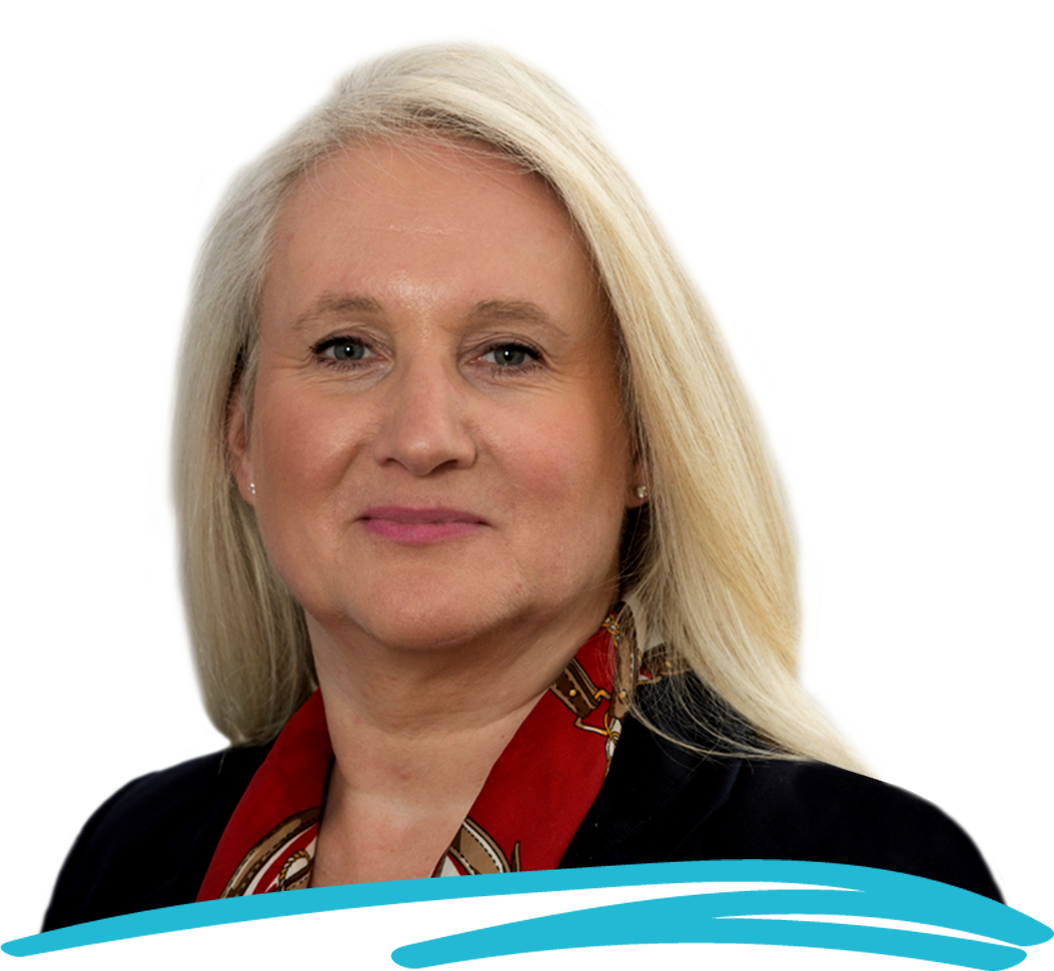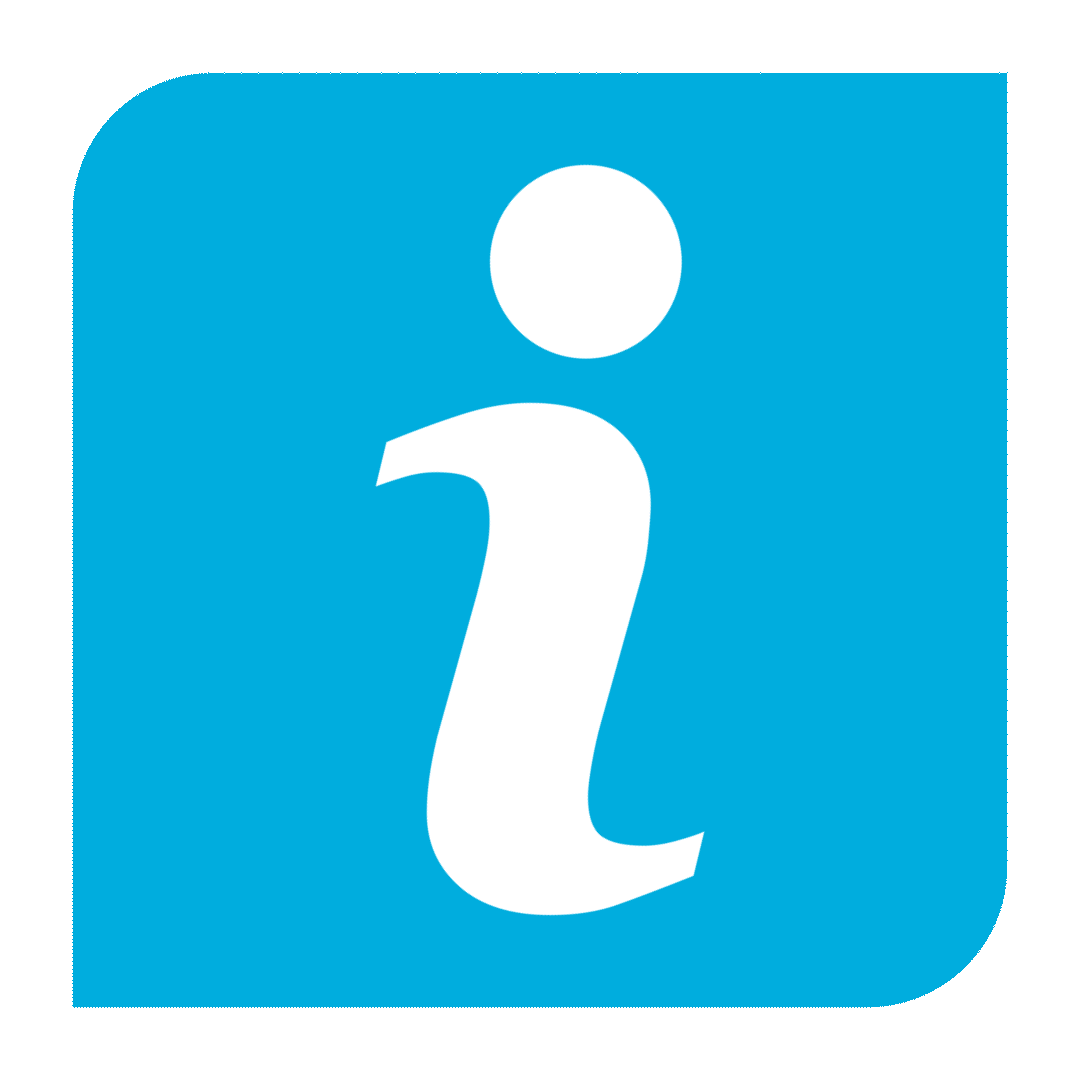How we support our students with real-time data
ICAS’ digital-first learning platform deploys cutting-edge tech to identify struggling students early on, offering support that helps reduce deferrals and boosts success. Executive Director of Learning, Gail Boag, explains how

How we support our students with real-time data
ICAS’ digital-first learning platform deploys cutting-edge tech to identify struggling students early on, offering support that helps reduce deferrals and boosts success. Executive Director of Learning, Gail Boag, explains how

Over the past year, we’ve rolled out a new digital approach for the CA qualification, designed to improve student engagement and support. The idea was simple: to make the content more compelling and interactive and to dramatically increase engagement – ultimately leading to better outcomes.
And since the launch in March 2024, the results have been impressive. At the Knowledge level, in which students are introduced to core concepts, we’ve seen a 14% improvement. Skills have increased by 6%, and our integration scores – whereby students apply their learning in real-world contexts – have remained consistently high. Our tutors have certainly noticed: students are more vocal and engaged, actively participating in workshops, rather than passively learning, and coming to class better prepared and eager to contribute.
One key goal was to ensure students didn’t fall behind. In traditional lecture settings, it’s easy for students to slip through the cracks unnoticed. But with our new digital content model, we have access to valuable data that allows us to track their progress – whether they’re completing interactive challenges and skill-builders or exam-level assessment questions – and intervene early on.
For example, if a student is only 30% through the course by week four, we can spot it in real time. And if a student is struggling, first they automatically receive an email: “Your progress is currently behind where we would expect you to be at this stage. We wanted to check in and offer some support in case you need it.” If our tutors see a student falling behind, they can offer tailored support, either in person or via online meetings.
“The pressure of qualifying for a high-stakes career can feel overwhelming. But by identifying struggles early and offering support, we can help students stay motivated”
In fact, what we’re aiming for now is the ability to predict student outcomes very early on, allowing us to intervene before it’s too late and ensure our students stay on track. With the data we gather from the digital content, we can track their progress through assessments and mock exams and work to identify whether they’re likely to pass or need additional support.
Engagement is the key driver here. Put simply, increased student engagement equals improved outcomes. However, there are challenges we’ve had to address: post-pandemic, we’ve seen increased levels of stress and anxiety in balancing demanding jobs with study. If their resilience is already low, the pressure of qualifying for a high-stakes career can feel overwhelming. But by identifying struggles early and offering support, we can help students stay motivated.
Certain subjects, such as financial reporting, have always proved particularly difficult. And previously, if our students struggled at a more advanced level, they’d find it hard to get to the next. To help with this, we’ve split financial reporting and performance into three tiers, gradually building up from basic to more complex material. This scaffolding approach ensures students have a strong foundation before tackling more advanced topics, helping them progress without getting overwhelmed.
Our data-driven approach has also helped improve pass rates. To be clear, we’ve not dumbed down the CA syllabus. It remains a tough qualification, and we’ll never apologise for that. What we’ve done is enhance our teaching methods and provide better support, leading to more students passing and progressing through the qualification in a timely manner.
Holistic approach
Mental health is another area where we’ve seen a need for additional support. Today’s students face previously unparalleled levels of anxiety and pressure. And while our tutors are not mental health professionals, they are trained to recognise signs of stress and can refer students to our health and wellbeing services. We offer a range of support, including access to counselling and guidance services through an outsourced student wellbeing programme.
Deferrals have been a major issue across the profession too, particularly since the pandemic, with many students deferring exams repeatedly – in some cases, for term after term, year after year – due to anxiety or lack of confidence. Some firms are seeing as much as 40–50% of students straying from their original qualification pathways. To address this, we’re working on reducing deferrals with early interventions. This not only helps students stay on track but also saves firms the significant costs associated with exam delays.
While 83% of our students are graduates, we’re also seeing an increasing number of school leavers joining the programme. These students typically need more support, particularly early on, to adjust to the demands of work and study. We offer additional support to build their confidence and improve engagement.
This new digital-first model has been a game-changer: it means we’re able to ensure students stay on track, perform better and ultimately succeed in their CA qualification. We’re excited to continue refining this approach and see the immensely positive impact it has on our students’ futures.
Learn more about the new CA syllabus and delivery model
Over the past year, we’ve rolled out a new digital approach for the CA qualification, designed to improve student engagement and support. The idea was simple: to make the content more compelling and interactive and to dramatically increase engagement – ultimately leading to better outcomes.
And since launch in March 2024, the results have been impressive. At the knowledge level, in which students are introduced to core concepts, we’ve seen a 14% improvement. Skills have increased by 6%, and our integration scores – whereby students apply their learning in real-world contexts – have remained consistently high. Our tutors have certainly noticed: students are more vocal and engaged, actively participating in workshops, rather than passively learning, and coming to class better prepared and eager to contribute.
One key goal was to ensure students didn’t fall behind. In traditional lecture settings, it’s easy for students to slip through the cracks unnoticed. But with our new digital content model, we have access to valuable data that allows us to track their progress – whether they’re completing interactive challenges and skill-builders or exam-level assessment questions – and intervene early on.
For example, if a student is only 30% through the course by week four, we can spot it in real time. And if a student is struggling, first they automatically receive an email: “Your progress is currently behind where we would expect you to be at this stage. We wanted to check in and offer some support in case you need it.” If our tutors see a student falling behind, they can offer tailored support, either in person or via online meetings.
“The pressure of qualifying for a high-stakes career can feel overwhelming. But by identifying struggles early and offering support, we can help students stay motivated”
In fact, what we’re aiming for now is the ability to predict student outcomes very early on, allowing us to intervene before it’s too late and ensure our students stay on track. With the data we gather from the digital content, we can track their progress through assessments and mock exams and work to identify whether they’re likely to pass or need additional support.
Engagement is the key driver here. Put simply, increased student engagement equals improved outcomes. However, there are challenges we’ve had to address: post-pandemic, we’ve seen increased levels of stress and anxiety in balancing demanding jobs with study. If their resilience is already low, the pressure of qualifying for a high-stakes career can feel overwhelming. But by identifying struggles early and offering support, we can help students stay motivated.
Certain subjects, such as financial reporting, have always proved particularly difficult. And previously, if our students struggled at a more advanced level, they’d find it hard to get to the next. To help with this, we’ve split financial reporting and performance into three tiers, gradually building up from basic to more complex material. This scaffolding approach ensures students have a strong foundation before tackling more advanced topics, helping them progress without getting overwhelmed.
Our data-driven approach has also helped improve pass rates. To be clear, we’ve not dumbed down the CA syllabus. It remains a tough qualification, and we’ll never apologise for that. What we’ve done is enhance our teaching methods and provide better support, leading to more students passing and progressing through the qualification in a timely manner.
Holistic approach
Mental health is another area where we’ve seen a need for additional support. Today’s students face previously unparalleled levels of anxiety and pressure. And while our tutors are not mental health professionals, they are trained to recognise signs of stress and can refer students to our health and wellbeing services. We offer a range of support, including access to counselling and guidance services through an outsourced student wellbeing programme.
Deferrals have been a major issue across the profession too, particularly since the pandemic, with many students deferring exams repeatedly – in some cases, for term after term, year after year – due to anxiety or lack of confidence. Some firms are seeing as much as 40–50% of students straying from their original qualification pathways. To address this, we’re working on reducing deferrals with early interventions. This not only helps students stay on track but also saves firms the significant costs associated with exam delays.
While 83% of our students are graduates, we’re also seeing an increasing number of school leavers joining the programme. These students typically need more support, particularly early on, to adjust to the demands of work and study. We offer additional support to build their confidence and improve engagement.
This new digital-first model has been a game-changer: it means we’re able to ensure students stay on track, perform better and ultimately succeed in their CA qualification. We’re excited to continue refining this approach and see the immensely positive impact it has on our students’ futures.
Learn more about the new CA syllabus and delivery model




